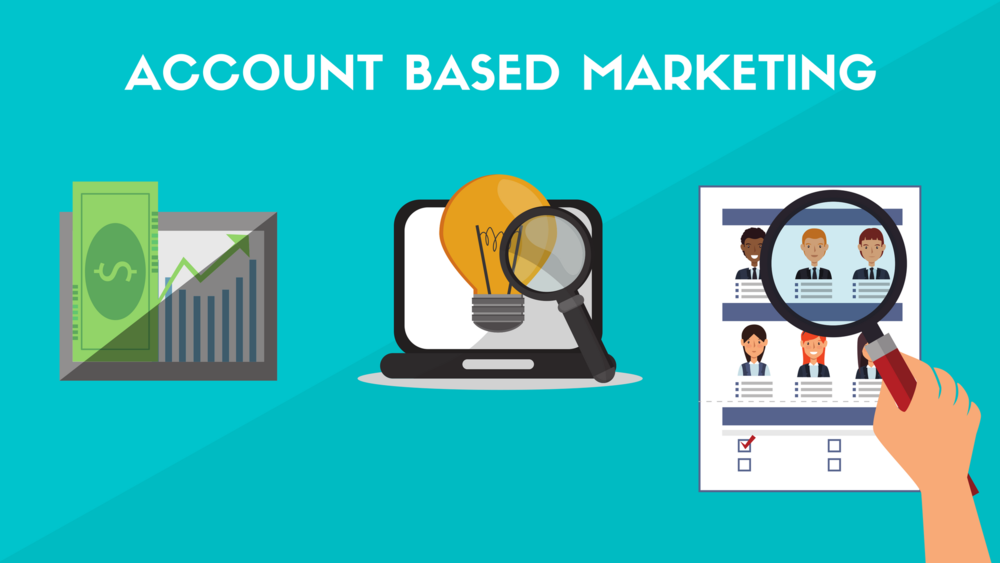IDC Marketscape Content Management Systems for Persuasive Digital Experiences
The content for this excerpt was taken directly from IDC MarketScape: Worldwide Worldwide Content Management Systems for Persuasive Digital Experiences 2021 Vendor Assessment (Doc # US47412821). All or parts of the following sections are included in this excerpt: IDC Opinion, IDC MarketScape Vendor Inclusion Criteria, Essential Guidance, Vendor Summary Profile, Appendix and Learn More.
An organization’s online digital presence is a mission-critical component of the resilient digital enterprise that requires flexibility in delivering content and services at scale. From its inception, the content management system (CMS) was designed to create and manage web, mobile web, and other HTML browser-based experiences. Since then, content management systems have evolved to publish content into app experiences on mobile, IoT, and other connected devices. The shift to accommodate a variety of content owners, web developers, modular cloud-based architectures, and content services has expanded the software options beyond traditional web content management (WCM) platforms to include new headless and open source alternatives.
In its simplest form, a CMS is used to manage and deploy content. Users can create, edit, delete and, most importantly, publish content (e.g., images, videos, forms, templates, pages, component, product assets) to various endpoints. For many organizations, a basic set of CMS capabilities and a straightforward approach for publishing information to a website is all they need. In other cases, a more robust digital experience platform that incorporates add-ons of ecommerce, marketing campaign tools, or customer data platforms is on the table. In either case, content is the core to reimagining what it means to exist within the digital economy.





